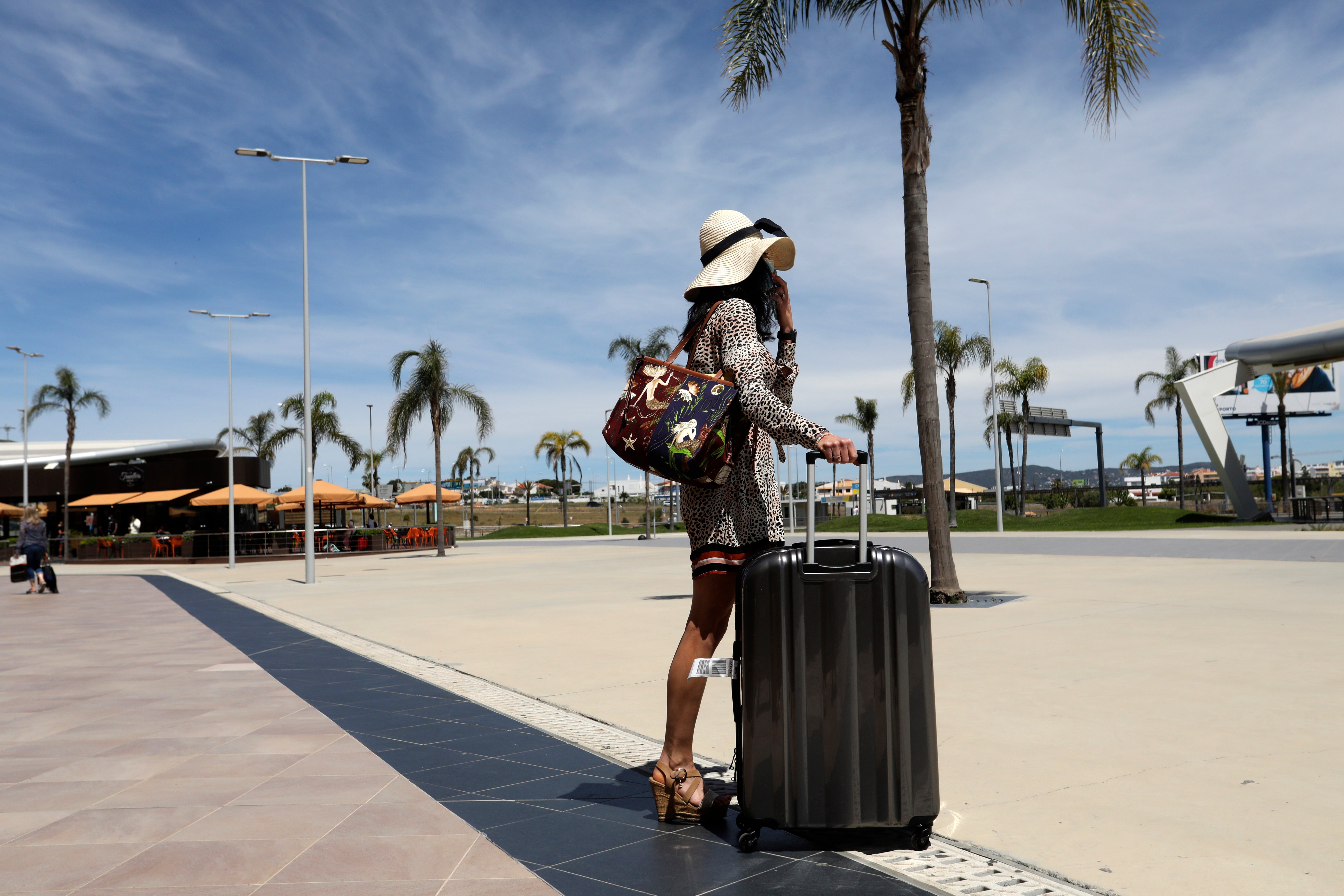WHO decision challenges West to recognize Chinese vaccines
The World Health Organization says any COVID-19 vaccines it has authorized for emergency use should be recognized by countries as they open up their borders to inoculated travelers

Your support helps us to tell the story
From reproductive rights to climate change to Big Tech, The Independent is on the ground when the story is developing. Whether it's investigating the financials of Elon Musk's pro-Trump PAC or producing our latest documentary, 'The A Word', which shines a light on the American women fighting for reproductive rights, we know how important it is to parse out the facts from the messaging.
At such a critical moment in US history, we need reporters on the ground. Your donation allows us to keep sending journalists to speak to both sides of the story.
The Independent is trusted by Americans across the entire political spectrum. And unlike many other quality news outlets, we choose not to lock Americans out of our reporting and analysis with paywalls. We believe quality journalism should be available to everyone, paid for by those who can afford it.
Your support makes all the difference.The World Health Organization said Thursday that any COVID-19 vaccines it has authorized for emergency use should be recognized by countries as they open up their borders to inoculated travelers.
The move could challenge Western countries to broaden their acceptance of two apparently less effective Chinese vaccines, which the U.N. health agency has licensed but most European and North American countries have not.
In addition to vaccines by Pfizer-BioNTech, Moderna Inc., AstraZeneca and Johnson & Johnson, the WHO has also given the green light to the two Chinese jabs, made by Sinovac and Sinopharm.
In its aim to restore travel across Europe, the European Union said in May that it would only recognize people as vaccinated if they had received shots licensed by the European Medicines Agency — although it’s up to individual countries if they wish to let in travelers who have received other vaccines, including Russia’s Sputnik V. The EU drug regulator is currently considering licensing China s Sinovac vaccine, but there is no timeline on a decision.
“Any measure that only allows people protected by a subset of WHO-approved vaccines to benefit from the reopening of travel ... would effectively create a two-tier system, further widening the global vaccine divide and exacerbating the inequities we have already seen in the distribution of COVID-19 vaccines,” a WHO statement said Thursday. “It would negatively impact the growth of economies that are already suffering the most.”
The WHO said such moves are “undermining confidence in life-saving vaccines that have already been shown to be safe and effective.” In its reviews of the two Chinese vaccines, the U.N. health agency said both were found to significantly reduce the risk of hospitalizations and deaths.
The two Chinese shots are “inactivated” vaccines, made with killed coronavirus, whereas the Western-made shots are made with newer technologies that instead target the “spike” protein that coats the surface of the coronavirus.
Although Western countries have largely relied on vaccines made in the U.S. and Europe, such as Pfizer-BioNTech and AstraZeneca, many developing countries have used the Chinese-made shots.
Earlier this year, the head of China’s Center for Disease Control and Prevention acknowledged the effectiveness of its home-grown shots was low. Numerous countries that have used millions of doses of the two Chinese shots, including the Seychelles and Bahrain, have seen COVID-19 surges even with relatively high levels of immunization.
___
Follow all of AP’s pandemic coverage at https://apnews.com/hub/coronavirus-pandemic, https://apnews.com/hub/coronavirus-vaccine and https://apnews.com/UnderstandingtheOutbreak